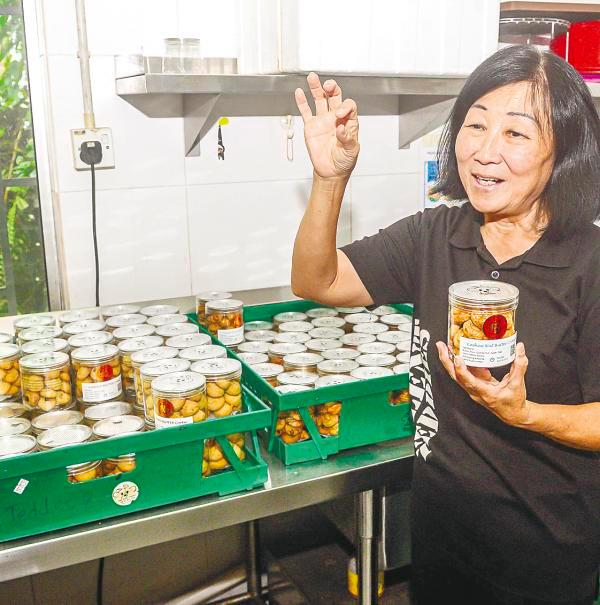KUALA LUMPUR: Inspired by her late mother’s affection and selflessness for the hearing impaired, Cindy Leong founded Silent Teddies Bakery in 2004, which is staffed entirely by such individuals.
“While there are several deaf people who have obtained a good education, they are often left out of the job market due to being differently abled,” said Leong.
The objective of setting up Silent Teddies Bakery is to empower the deaf community with entrepreneurial skills so that they can look forward to a better future, she said.
“We impart skill sets that prepare them for societal challenges and broaden their employment opportunities.”
Apart from creating working opportunities for them, the bakery also provides classes on sign language, sign language interpretation, and counselling through the Community Service Centre for the Deaf (CSCD), which is a school that provides free education to the deaf community.
The bakery raises funds for the CSCD revitalisation project, which is to refurbish the currently unused building, said Leong, who has been involved with the deaf community as a sign language interpreter for over 40 years.
“The building used to house the CSCD since it was founded in 1995. But since then, certain parts of it are in a dilapidated and unsafe condition. With the income from Silent Teddies Bakery, we aim to refurbish the centre and start a bakery cafe.
“We also plan to have a gallery that will showcase the history of Tan Yap, who is regarded as the ‘Father of the Deaf’ in Malaysia.”
Despite the bakery’s success, Leong said its journey was not easy.
“We were a small company and lacked funds. The banks refused to give us a loan to purchase equipment.
“Some people also discouraged us by saying that the bakery was a waste of time and would fail. But the Federation of Christian Mission Schools Malaysia came to our aid with RM30,000 in funding,” she said, adding that they managed to repay it after just two months.
Leong’s efforts were not in vain. Today, about 30 to 50 boxes of Silent Teddies Bakery cookies and confectionary are exported to Hong Kong each week.
Its success even caught the attention of Starbucks Malaysia, which collaborated with the bakery to open “signing stores” across Malaysia.
The “signing store” is a CSR (corporate social responsibility) project by Starbucks Malaysia that features only sign language as a means of communication.
The project, which offers employment and development opportunities to the deaf community, has successfully empowered many deaf individuals in the country.
One participant, Muhammad Aizad Ariffin, works as a shift manager for Malaysia’s first signing store located in Bangsar.
“When I first heard of Starbucks’ signing store initiative, I was happy because I could work as a barista and learn new skills such as coffee tasting,” Aizad said.
“I am grateful to Starbucks for providing me the opportunity to grow in my career.
“Normally, deaf people are given simple tasks in companies, such as restocking and cleaning. But Starbucks allowed me to build a career and integrate into society like able-bodied people.”
Aizad expressed hope that other restaurants would follow Starbucks’ example.
To date, there are some 40,000 registered deaf or hearing impaired individuals in the country.









